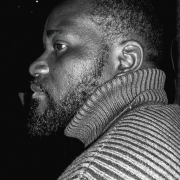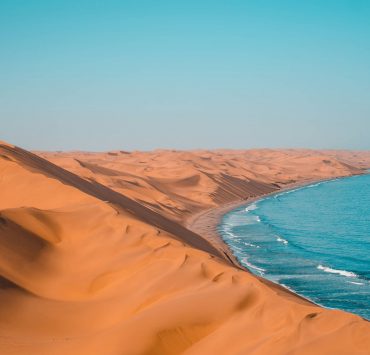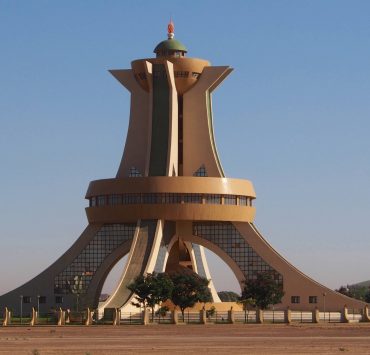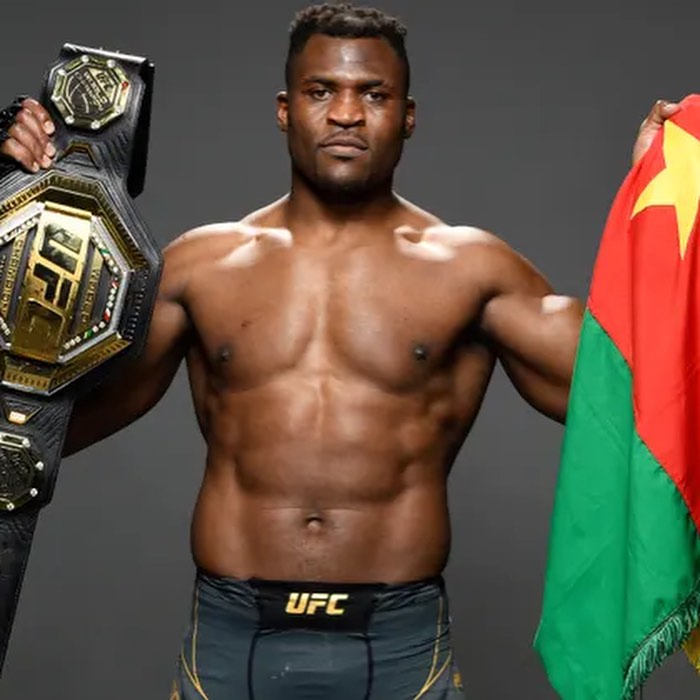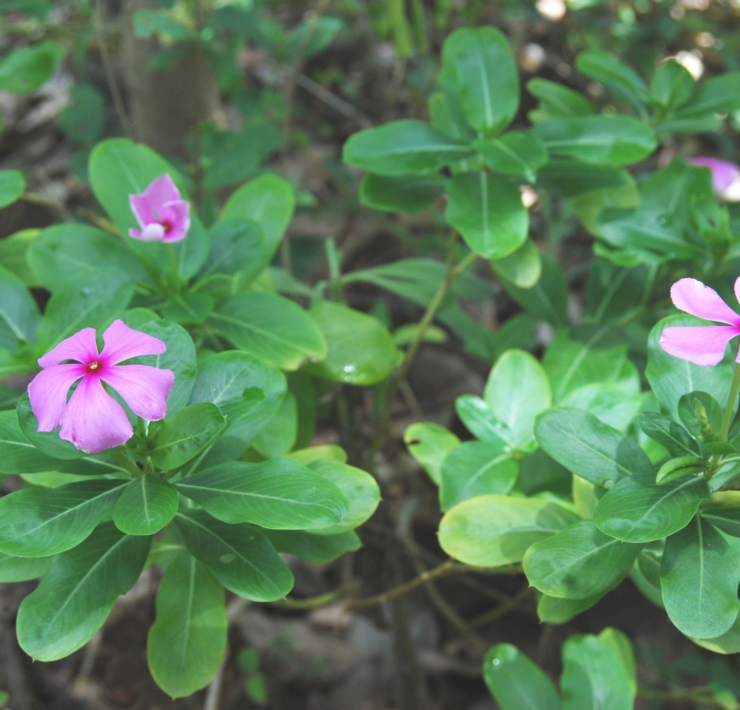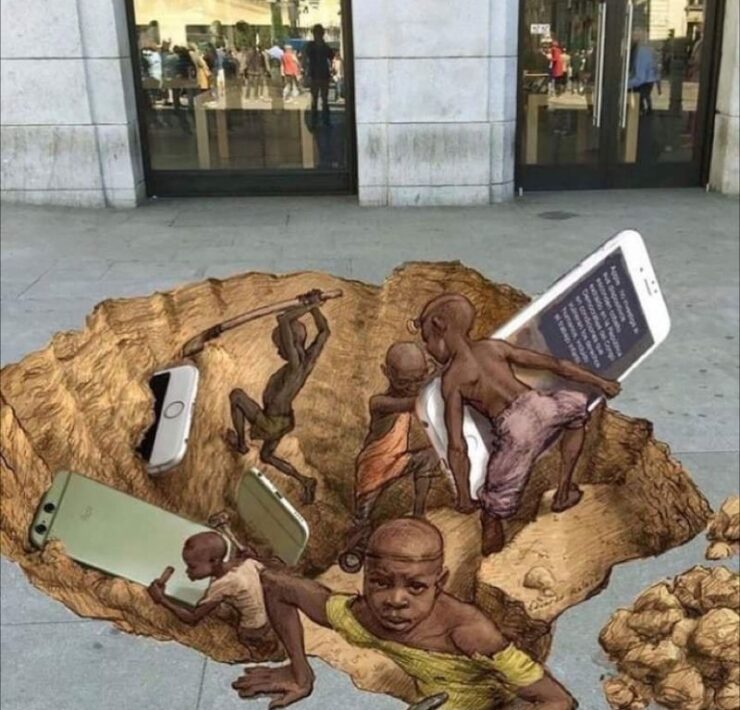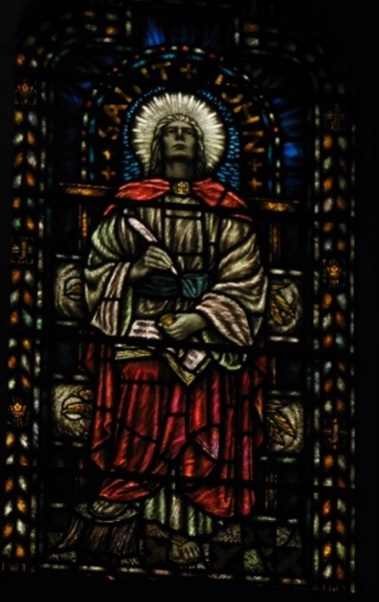COVID HAS A CURE
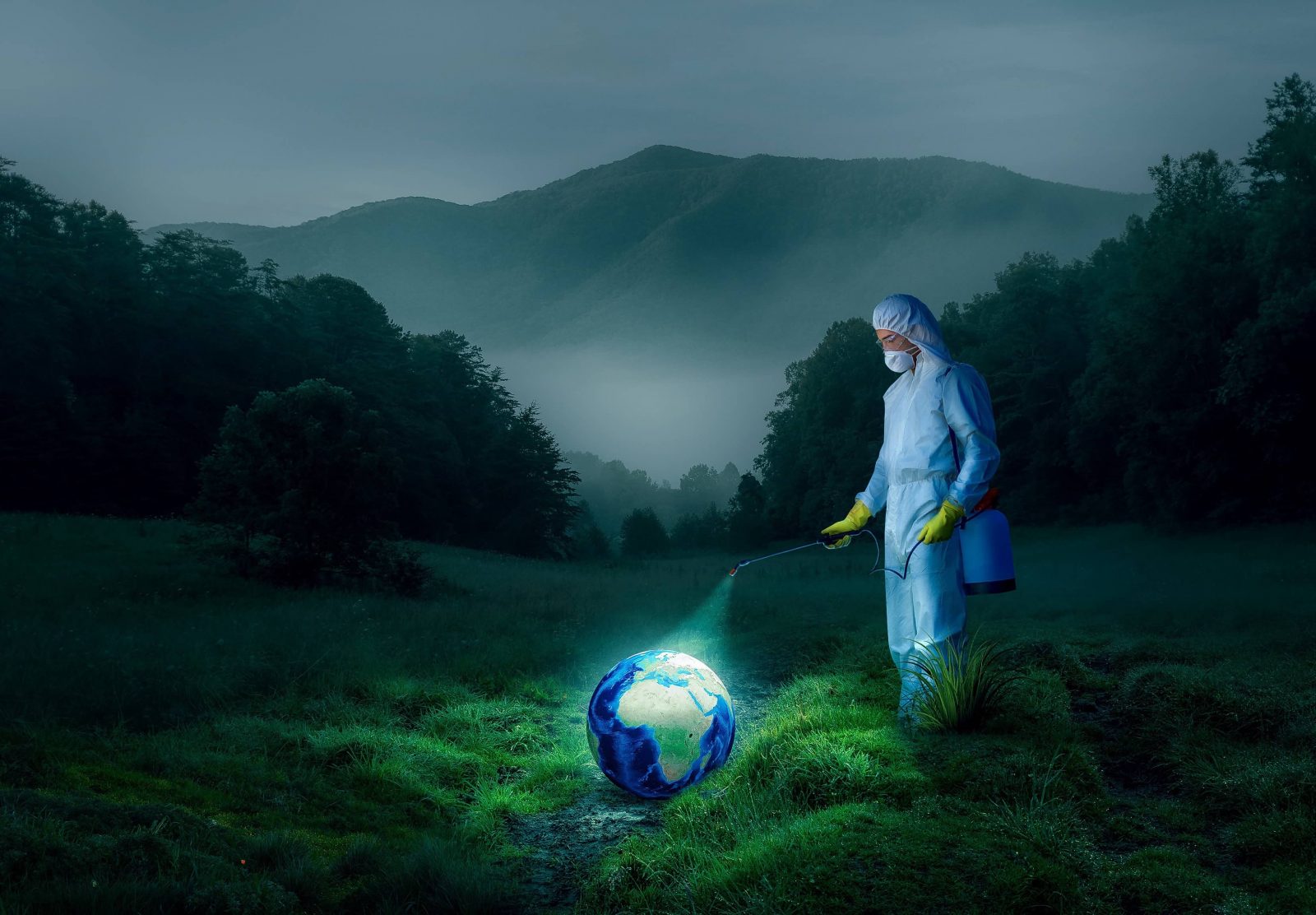
Passionate about getting God's message concerning Afrika and the end…
THEY LIED ABOUT COVID AND THE PANDEMIC
Interview with Dr Jack Githae, an Afrikan Natural Medicine Practitioner.
We talked to Dr. Jack Githae about a cure for Covid, an Afrikan Renaissance, and a swift and effective way in which to enhance communal life and participation in the upliftment of the Afrikan condition… and it’s critical necessity.
Dr Githae is a Kenyan professional FAO and UNDP trained and accredited agricultural researcher, practitioner and consultant and a WHO accredited African Traditional medicine researcher, practitioner and consultant.
We wanted to talk to you about your insights on Covid 19, what they’re calling a pandemic, it’s effects on Afrika and how you see it from where you sit.
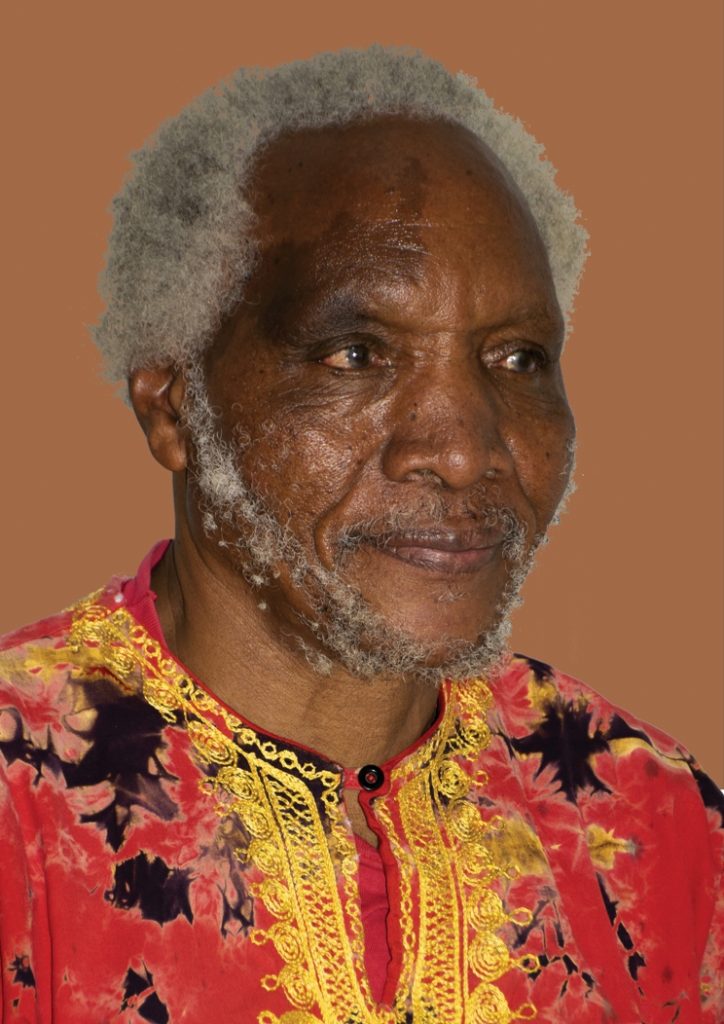
It’s about a year and a quarter since we were struck by this pandemic and it has had its challenges. Although we haven’t died in big numbers like they have died in Brazil, in Europe and elsewhere, we have had a lot of economic challenges. The pandemic has compromised our way of life, it has overwhelmed our hospitals, it has completely disorganized our educational programs, it has created a lot of unemployment, and it has overwhelmed our governments, private institutions, families, communities within Afrika and globally. And it has taught us one lesson, that the Afrikan way of doing things is the way to go.
Afrikan people lived by supporting one another. They lived by addressing life’s challenges holistically, in an integrated manner. Now that our government is overwhelmed, our hospitals are overwhelmed, our schools are overwhelmed, the recurrent lockdowns have put the educational process upside down, communities have to think of a way forward in the ‘new normal’. In my own view, communities have no alternative, they have to embrace an integrated self-help initiative, whereby each community has a center where those people who need medical attention, agricultural advice, psychosocial counseling etc. can go to.
The scenario of people taking sick people from one hospital to another, such that they die in the car, is not sustainable. It is very dangerous in that the sick are spreading the disease not only to those who are attending them over a whole day, over two days, but also to those hospitals. They are taken from one village, to a nearby hospital, to a distant one and, eventually, the patient dies either in the car or somewhere in the bush.
The way out is, we develop an integrated self-help center that has volunteers who can deal with people’s problems throughout the entire spectrum of technology: medicine, agriculture, psychosocial etc. so that those who are desperate, particularly those who run away from the city to the villages, who have nothing to do, who get depressed have somewhere to go. Those students who are sent home when schools are locked by the pandemic lockdown, who are at home day in, day out; the students are frustrated, they are stressed, they become a nuisance to their parents, they must have a place they can go where we have experts in education who can handle the needs of those students in such a way that there is at least a bit of continuity to their educational program. For example, if they were doing agriculture or they were doing medicine, we have many retired clinical officers, retired nurses, we have retired teachers, we have retired psychosocial experts.
These people should be pulled together in a center where all those services can be rendered to those who need it, when they need it. I’m talking of a center where there will be people 24hrs, I’m talking of a center that can be established on public land, the infrastructure can be temporary things like containers, which can be leased or bought on hire purchase. Such containers will have units: medical wing, agricultural wing, psychosocial wing etc. so that experts in those areas are there 24hrs to address whatever problems are brought to them. If we don’t do that, we will degenerate one after the other, particularly in Afrika, where already the crisis of our poverty has been complicated by the desperation of the pandemic; the crisis the pandemic has brought forth.
If we expect to get assistance from outside, it’s not there. People have their own problems. The Australians have their problems, the Chinese have their problems, the Americans have their problems and they are not any better when it comes to coping with the pandemic the death rate, the sickness rate; so the only way out is to organize a self-help strategy where each community has volunteers who are ready and willing to help in whatever way they can.
In such centers individuals will be required to contribute something, whatever they are capable of, and the combined contribution of people of a given community will give seed money to enhance the sparking or initiation of the integrated self-help center. As we do that then we have people of goodwill within the country, within Afrika, within the world who are ready and willing to chip in whatever they are capable of, to help desperate people to mitigate against senseless death for a condition that we can prevent.
Even as we do that, we must remember – and for those of us who have lived long enough to know – our communities were self-reliant. 60-70 years ago, every community had a traditional medical attendant. There was a center people would go to for free, they were voluntary. Every community had a blacksmith who made the machetes (the pangas) people needed. Every community had seers who guided people on what the future has for them. So, what I am proposing here is not new for Afrika, it may be new and forgotten elsewhere, but in Afrika there are still communities who have a remnant of that and there are people who are conversant with it, even where it is not being practiced. So, I am appealing to people of goodwill to come together, get closer to their communities, mobilize people who are willing to volunteer their energy, their skills, their time, to mitigate against the crisis of the pandemic.
By the same token we have been in Afrika for 150,000 years, there is archaeological evidence to that effect, meaning we are one of the oldest civilizations on earth. We have survived that far because our way of life is sustainable. Sustainability means coexisting with the reality, recognizing that nature has its limitations and that for us to develop, we must embrace and recognize the limitations of nature. We conform to the food that we can grow; we conform to the type of shelter that we can afford that is environmentally friendly. I’m saying, people in Turkana, people in Marsabit, people who still articulate the traditional way of life are articulating a sustainable lifestyle from which we can learn a bit. For those of us who are cosmopolitan around Nairobi, around Nakuru, around Mombasa, who have been away from a traditional setting, it’s time now to learn from those who still have their traditional tenet, so that we can embrace what is sustainable, as a matter of urgency. Sustainability means getting your food from where you live, getting whatever employment you need from where you live, recognizing the fact that I am, because my colleague is. That you cannot live on your own, that you need others.
The pandemic means recurrent sickness of people, recurrent death of people… meaning shock. Families need psychosocial support from within the community. Members of the communities concerned need to support each other, so that members who get sick are counseled, they are supported, they are treated. What I mean by treatment is, I contend that nature is very wise, nature has cure for whatever malady that can be, because it would be an imbalance to have a condition that doesn’t have a cure. Our concern and challenge are to look around, see what materials our forefathers have used for other pandemics, cast them, like I have done, and come up with a formulation that is tackling Covid 19 very effectively; It can prevent, it can cure. By the same token, embracing a lifestyle that mitigates against the spread of the condition is paramount. Adhering to natural health requirements on social distance, on wearing the mask, on avoiding crowded places whether shelters, schools or the rest plays a role.
Lastly, whether you are sick or not, you must eat. When people are incapacitated to an extent that they cannot do what they normally do, they don’t grow the food they need, meaning they will starve. They don’t have adequate food, they don’t have a balanced diet; meaning for those like us who have an agricultural background, we have to craft new ways to grow whatever we need. Through using basket farming, which requires minimum space, to grow the fastest growing vegetables, fastest growing fruits like tomatoes, so that even as we struggle with the disease, we do not create room for deficiency diseases, which can kill us maybe as fast as the Covid 19. Meaning those young men who have run away from Nairobi because there is no employment should be assisted to engage in organic farming wherever they live. Basket farming means it can be done along the walls of a shelter, it can be done along a tree trunk, it can be done under a shade; we have many crops that can grow that way. Soil is everywhere, water is wherever people live… these are the types of skills the agricultural people should provide, while the medical people look around at the vegetation available, consult people like us so that we can craft medicine that can sustain our people, even as they struggle with Covid 19, especially now that the hospitals are overwhelmed.
Does it mean that Covid 19 has a cure?
Covid 19 has a cure, but those who are spreading it don’t need a cure. It’s being spread for a purpose. It’s a strategy of population extermination through Covid, and those who escape Covid are eliminated through the vaccine. We know. These are facts. Nobody has challenged this conspiracy theory on the pandemic. Otherwise, as a traditional medical practitioner and a professional medic by training and practice we have a cure; it can be cured. I gave the cure to authorities that matter, it wasn’t accepted because it’s dangerous for them to accept it, because they are responding to international dictates that are beyond them. However, communities can treat themselves, communities can mitigate against the senseless deaths, by using whatever medicines are available where they live, and in particular herbal medicine, which is working very well.
They must eat well and other medicine must be developed in the form of herbal tonified teas, herbal tonified coffee, so that, as people drink the tea they are used to, they also enhance their immunity, which prevents them from getting the disease. By the same token, the same tea leaves can be injected with something that is viricidal, so that, for those who have mild infection, the tea alone can contain it. There are many ways of doing it, unfortunately these ways are not being embraced at the quarters they are supposed to be embraced. But, our constitution, the laws of the land, allow communities to do whatever they can to enhance their survival, which is their fundamental right.
So, what I am hearing you talk about is a return, in a sense, to our traditional ways, but in a more enhanced way, using the knowledge, information and understanding of today and that is what you are calling the Afrikan renaissance.
Correct. The Afrikan Renaissance is the reawakening of the Afrikan people to the reality that life is real. That we currently are in a terrible crisis, that unless we recognize the crisis, unless we adapt to it, unless we do whatever it takes to enhance our survival, we are target number one on the extermination list; we shall go one after the other. Before that happens, let us team up together, let us use those traditional dynamics that enhanced our survival even during slavery, during colonialism, during other pandemics and with the resources that we have: the indigenous knowledge, the indigenous herbal material; we shall survive the pandemic if we come together, we listen to one another, we do whatever it takes to enhance the survival of each one of us and those we live with. That way, we can talk about a tomorrow. And it means, again, revisiting our indigenous knowledge, indigenous knowledge dynamics applying them such that we live the way those who have not embraced cosmopolitan lifestyle are doing it.
We have our colleagues elsewhere in Kenya, and in South Afrika, in West Afrika and in Central Afrika who are living their lives the traditional way. They have a bigger chance of survival. By survival I mean confining the infection to wherever it is. Mitigating against people going from one place to another and in this scenario of an integrated community self-help initiative, it means education is articulated there, health treatment is done there, agricultural advice is done there and there will be a green grocery, there will be a central shop where people can buy whatever they need, be it hardware, be it food, so that the need for going to far places in town to contract the diseases and bring it home is mitigated against. The need for us, if we have the disease, spreading it to others in Afrika is mitigated against. This can be done. It is not like going to the moon. They went to the moon and came down to earth when I still had my grey hair.
Articulating integrated self-help initiative and establishing those centers is doable, it can be done tomorrow. We should get on it as quickly as possible, because the truth is Covid, Ebola, incurable TB and many other crises are here to stay, so we must adapt to them and adapting to them means enhancing all the strategies that guarantee our survival, that guarantee enhancement of our well-being, that guarantee leaving this continent to a future generation that can live like a dignified people, instead of slaves and sub-colonial subjects.
I want to ask you to say one final word, because we talk to a lot of people, and many people seem to get stuck about how to start. We find that a lot of people end up in the realm of talk, but no action. Maybe you can say something that will inspire them to connect to action.
In our neocolonial miseducation, we were converted to expert talkers and expert writers of good papers. We make wonderful presentations, locally, regionally, internationally; but when it comes to doing what needs to be done, we are the worst. The truth is, actions speak louder than words. A time has come when every one of us should do whatever he or she is capable of doing to enhance our survival, not our development, not our wealth; our survival first, development later. We are at a crossroads of total extermination, like it has happened in Australia, Canada, North America, South America. We are lucky we survived colonialism, we survived slavery. I am contending we shall survive the pandemic and many more that will come, as long as we think and act together. We reject this externally instigated ethnic conflict and regional conflict. We are one and the same people, we are products of the same evil – the colonialism and neocolonialism – and the truth is, together we shall survive. Divided we shall perish. Let’s come up together, let’s think together, let’s act together… then talk later.
If you want to talk to Dr. Githae about the community self-help initiative, to implement it in your country or region, we can put you in touch with him. He has already clearly articulated what the structure would look like, what the thinking would look like and you surely know retired or unemployed experts in the areas he has outlined. It’s very possible for us to swiftly, even before the end of 2021, put together community self-help initiatives across the continent of Afrika that transform the way that we live and we interact. So, make sure you get in touch in order to take action now, while there is still time.
What's Your Reaction?
Passionate about getting God's message concerning Afrika and the end times to the world, in order to heal, restore and rebirth Afrika to her true purpose and destiny in God.








